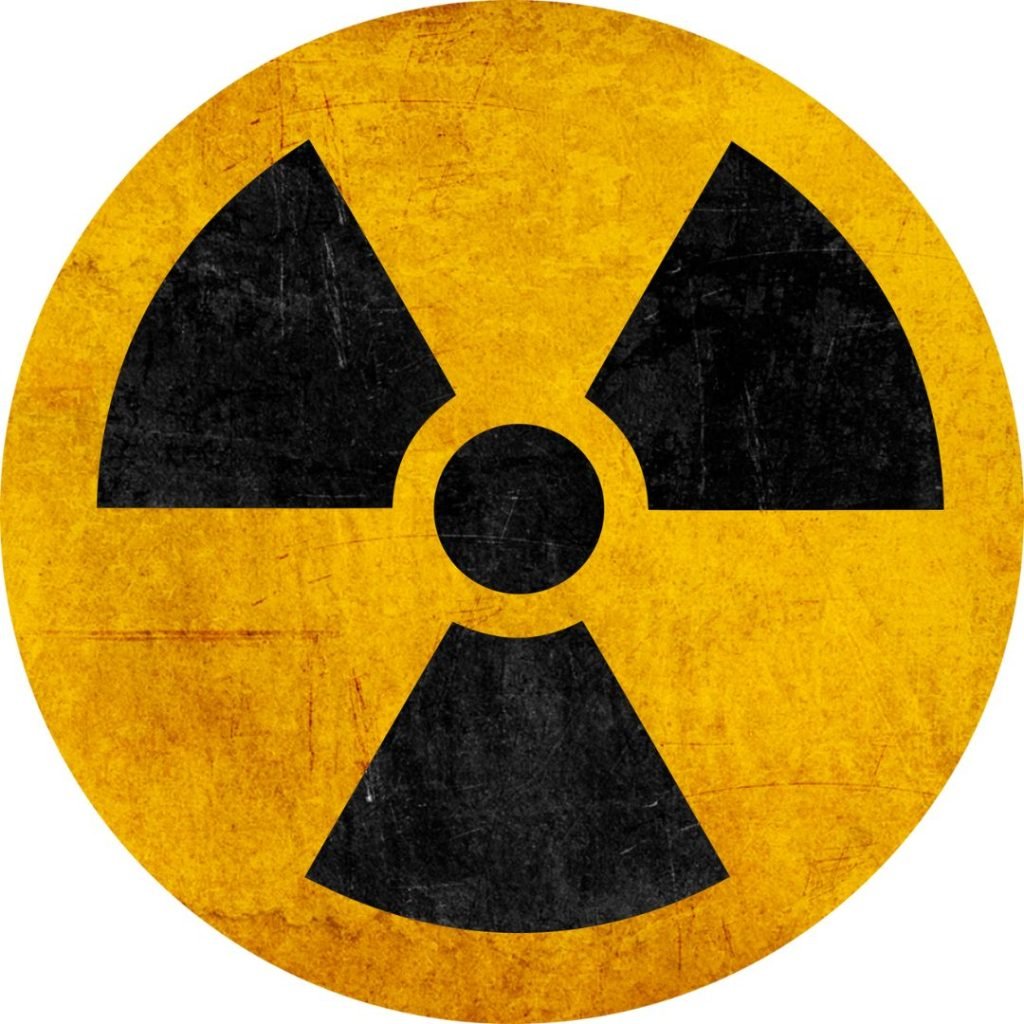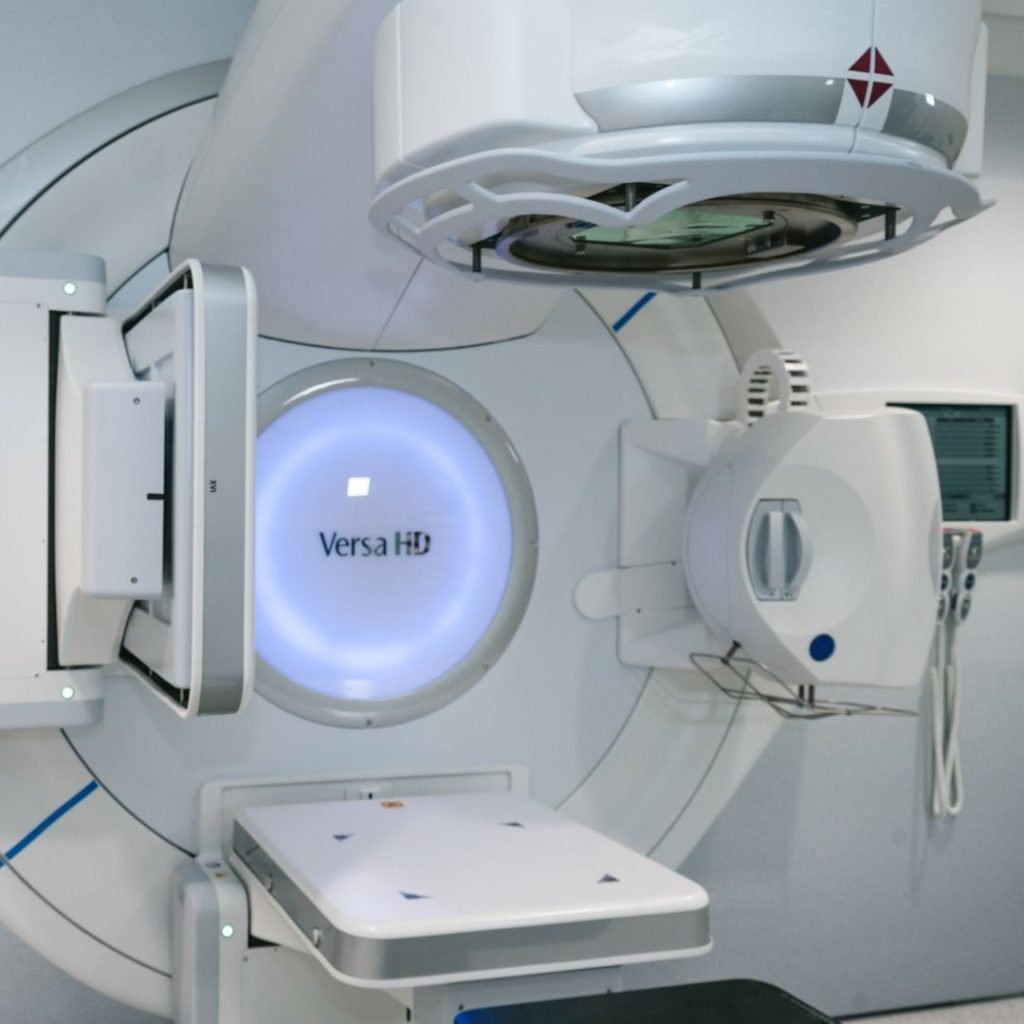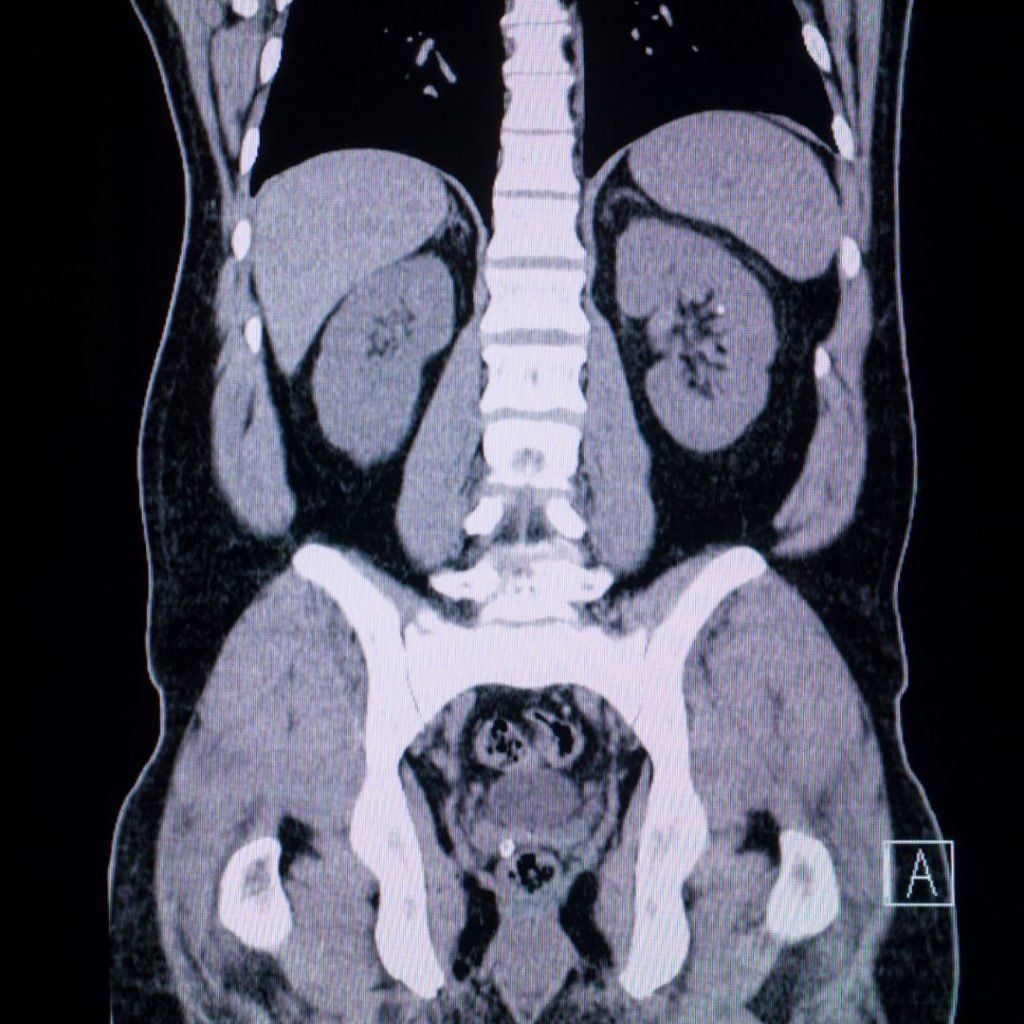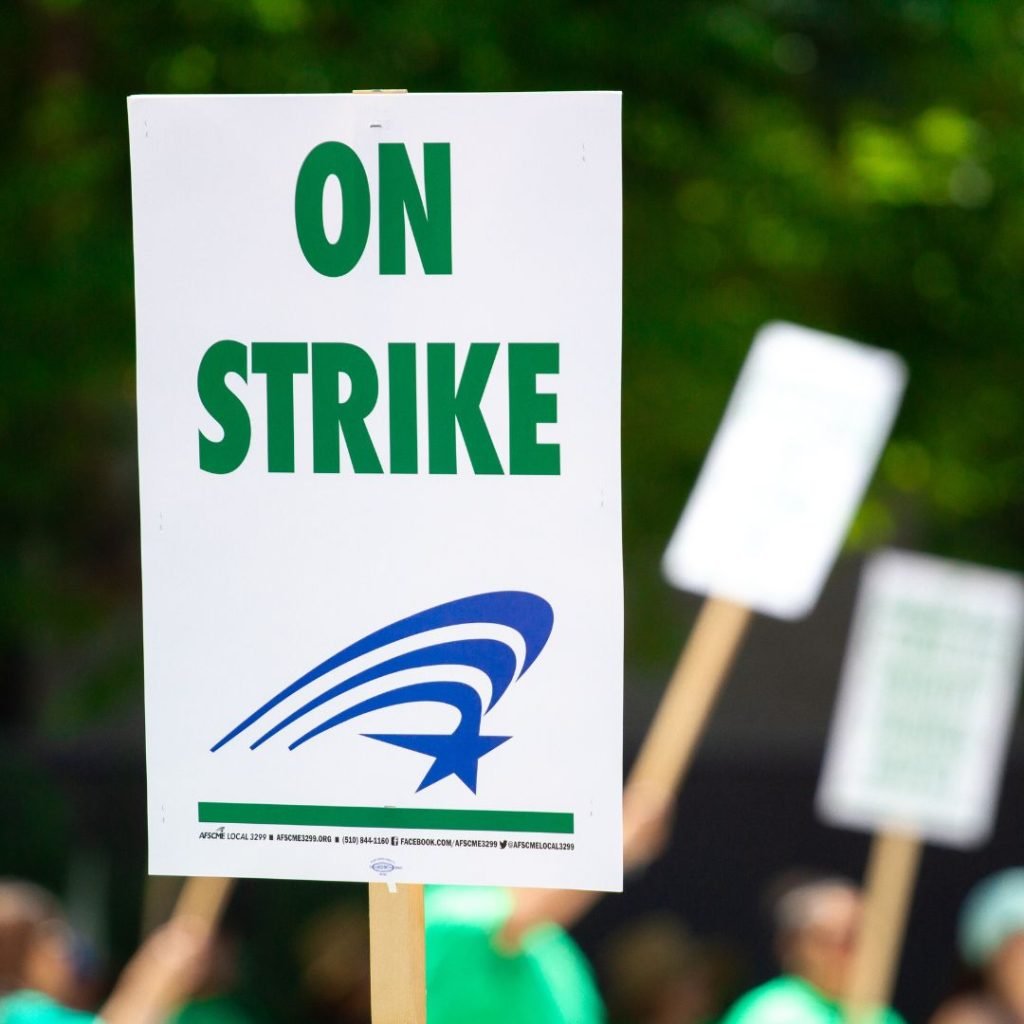This article isn’t related to mums and mothers at all, which is why it is in my blog section. It is related to me! I am a radiographer, and I want to tell you why there is a radiographer strike happening. On Tuesday 3rd October radiographers across England will strike for 24 hours.
What is a radiographer?
Radiographers are medical professionals who work with x-rays. There are 2 different types of radiographers. Diagnostic and therapeutic. As you may have guessed, diagnostic radiographers, help diagnose. This means they are the radiographers you are likely to meet when you attend for an x-ray, CT scan, MRI or mammogram, plus many more areas! Therapeutic relates to therapy. Radiotherapy in particular. Radiotherapy is a cancer treatment, high powered x-rays are targeted at cancer cells. It can be used in circumstances where people with cancer are cleared from the illness, but is also great for pain relief for patients receiving palliative care.
These careers although sounding similar, are quite different and each requires a 3 year degree at university which is non-transferable. Any radiographer wanting to swap from one profession to another would need to do considerable extra training.

What is the radiographer strike about?
Many healthcare professions are striking over pay, this is well known. The doctor and nurses strikes were well documented. Whilst many agreed to new pay deals, some independent unions did not. One of these unions was the Society of Radiographers. The main reason behind the radiographer strike is improved pay to make the career more attractive. Radiotherapy is a crucial part in the treatment of many types of cancer, more radiographers are needed to safely run this service. This shortage is through a number of reasons.
Changes in the NHS
The implementation of agenda for change within the NHS, ensured that staff at certain banding levels were paid the same amount regardless of the area they worked. This sounds great in principle, in reality it means a radiographer working in the lowest priced areas to live in are being paid the same as those living in major cities. NHS staff in London are entitled to London waiting to compensatw this. If you work outside of this there may be some extra pay benefits, but definitely not enough to cover the cost of living.
Full-time staff were told they had to work an extra 2.5 hours a week for no extra pay, this was pro-rata for part-time staff. Add to this many years of pay freezes, where inflation continued to rise and pay did not. What do you think happened to staff within the NHS? They began to leave. This meant depleting numbers in all professions.

University fees for radiographers
At the point I trained, a lot of healthcare degrees at university were fee free. This encouraged many to train for jobs within healthcare. Recently the government decided to stop funding these courses. This means radiographers qualifying would earn an annual salary of £28, 407. Yet, they are £27,750 in debt for 3 years of fees alone! Unsurprisingly, the amount of radiographers training at university have reduced dramatically.
With radiographers leaving the profession and less radiographers joining the profession, there are not enough staff. Cancer patients can not have gaps in their treatment and so services have to run on minimal staff. Some diagnostic services have to shut, meaning longer waiting times. The machines are pointless without the staff to run them.
Working conditions for radiographers
I would like to acknowledge that working within the NHS, there are a number of benefits. The NHS offers good annual leave, maternity pay and sick pay.
Many services within the NHS rely on the goodwill of staff. Staff regularly perform overtime to ensure services are covered. Radiographers have to cover out of hours with an on-call service. For therapeutic radiographers, this is covering weekends. We are unable to plan anything on those weekends and our standby pay is £8 a day. If any hours are required at work, these are paid relatively well. Diagnostic radiographers have to provide on-call services night and day and across the weekends.

When Covid hit, it was a very frightening time within the NHS. Staff had no protection initially. The country was locked down and NHS staff were at work without masks, aprons or gloves. This understandably caused distress for a number of staff. Many had vulnerable family members at home. They would undress at the door as they got home and run into the shower before even saying hello to their families. I know this, because I was one of them. Some didn’t even return home, choosing to stay at their workplace or nearby hotels to avoid putting their families at risk.
This pandemic made healthcare professions leave in their droves. Already tired, overworked and underpaid, this pushed them over the edge. Every member of staff appreciated doorstop applause during lockdown. It was beautiful to see the NHS getting appreciation. We need your appreciation and support more than ever now.
Why am I joining the radiographer strike?
I have been a therapeutic radiographer for 15 years. In that time I have treated people I would not have known had cancer, I have delivered treatment to some of the most poorly patients I have ever seen, I have treated children, I have saved one life, watched another ebb away. All of this takes it’s toll. The emotional burden in a role like this is immense. The physical burden of the role is immense. I am fortunate to work part-time now, and have for the last 7 years. This helps the physical burden, but not the emotional one.
It is so incredibly heart-breaking to see the depletion of radiographers within the NHS. Those of us remaining understand why staff have gone, even considered it ourselves, but are still there to hold the fort. Someone needs to be there to help patients get through their journey with the least amount of trauma and stress as possible.
The purpose of this strike isn’t just to get more pay. It is to help make this career as attractive as possible to new people to join the profession. Is it an easy job? No. Is it a rewarding job? Definitely. To know you are helping rid someone of this awful disease, help to relieve them of pain, or give them more time with their families, is a powerful thing. Would I want to join the profession knowing what I know now? Yes! Radiographers are a much needed part of the NHS system and especially to cancer care.

Why you should support the radiographer strike
As radiographers we are aware we do not always meet people in the best circumstances. When we do meet people we want to be able to provide the best care we can. We want to lead new developments, improve processes and pathways. We can only do that with enough staff.
Our workforce is in crisis, and you, our patients deserve better!

